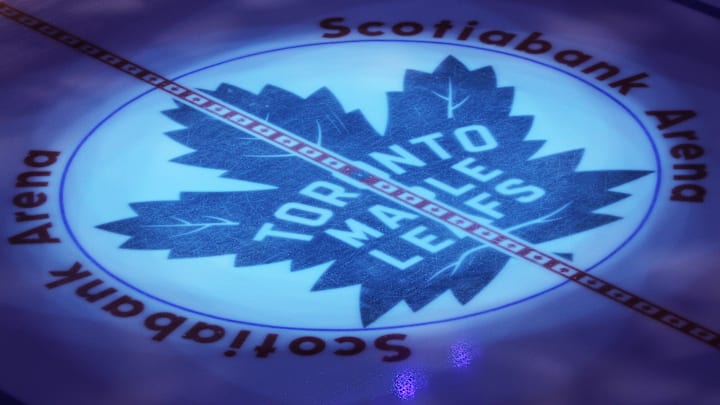Last week, the NHL’s general managers met and discussed potential rule changes, with one in particular being immediately implemented. Whether you agree with the new change and potential changes is up to you and completely subjective, but there were also quite a few that, at least to my knowledge, went undiscussed.
We can all make up our own twists and turns to the current rulebook, as the NHL, like every sport, owns its fair share of controversial rules. For example, fighting in hockey is rather polarizing, but I’m not here to talk to you today about whether it should or shouldn’t be taken out of the game.
Instead, I’m presenting three rules that I have long wanted to see either added, changed, or completely taken out. Again, what you will read in the following slides is just my subjective opinion and nothing more.
NHL should at least seriously consider changing a few rules
I thought about some of what the league did not discuss at last week’s meeting and brainstormed some “unproposed rules” that may never be implemented. However, they would add a level of fairness to the game and should also raise the stakes, especially the first proposed rule change that I’ve wanted to see implemented for years.
Another potential change addresses a hot topic that just about every hockey fan has their own opinion on. The third one is a rule that I’ve never really agreed with since its implementation, and I also added a unique twist to it that could change the trajectory of a game based on a particular choice a coach would face.
So, which rules would add a level of higher stakes to the game and, hopefully, make it even more entertaining than it already is? Here are three changes the NHL should implement sometime down the road and how they would add another level of excitement, plus an increased risk-reward factor.
